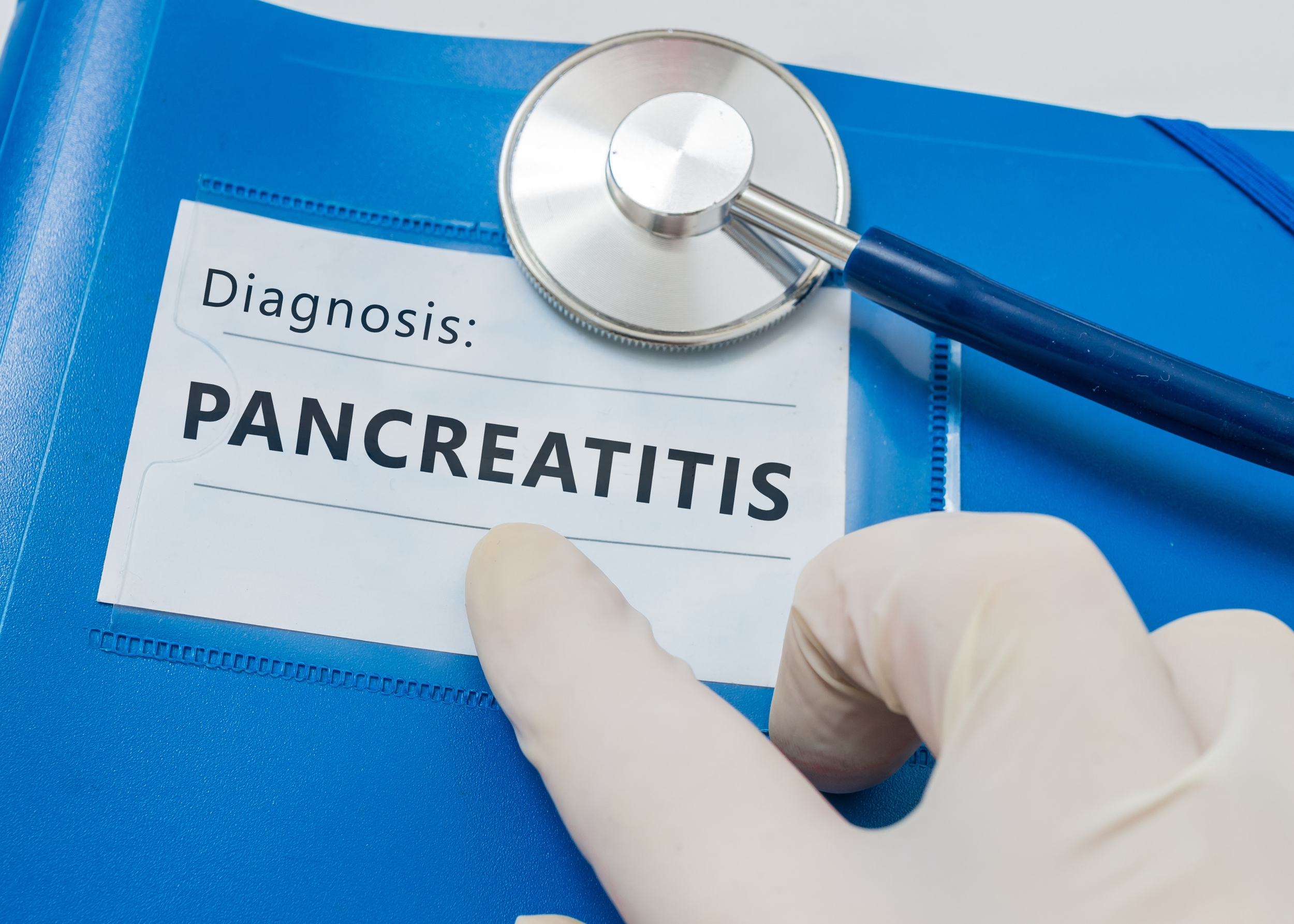Pancreatitis
Pancreatitis is an inflammation of the pancreas, a large gland behind the stomach that produces enzymes to help digest food and hormones to regulate blood sugar levels. Acute pancreatitis is a sudden and severe form of the disease, which can cause:
Chronic pancreatitis is a long-term inflammation that can cause damage to the pancreas and lead to symptoms such as abdominal pain, weight loss, and fatty stools. The most common causes of pancreatitis are gallstones and heavy alcohol use. Other causes can include high levels of triglycerides in the blood, certain medications, infections, trauma, or genetic factors.
Diagnosis of pancreatitis may involve blood tests to check for elevated levels of pancreatic enzymes, imaging tests such as ultrasound, CT scan, or MRI, and sometimes a biopsy. Treatment for pancreatitis depends on the severity and underlying cause of the condition. It may include IV nutrition, antibiotics to treat infections, or surgery to remove damaged tissue or the gallbladder. In mild cases of acute pancreatitis, treatment may involve fasting to allow the pancreas to rest, pain medication, and IV fluids to prevent dehydration. In severe cases, hospitalization may be necessary.
For chronic pancreatitis, treatment may involve lifestyle changes such as avoiding alcohol, following a low-fat diet, and taking pancreatic enzyme supplements to aid digestion. Surgery may sometimes be necessary to relieve blockages in the pancreas or remove damaged tissue. It's essential to seek medical attention if you experience symptoms of pancreatitis, as severe cases can lead to complications such as organ failure or infection, which can be life-threatening.

